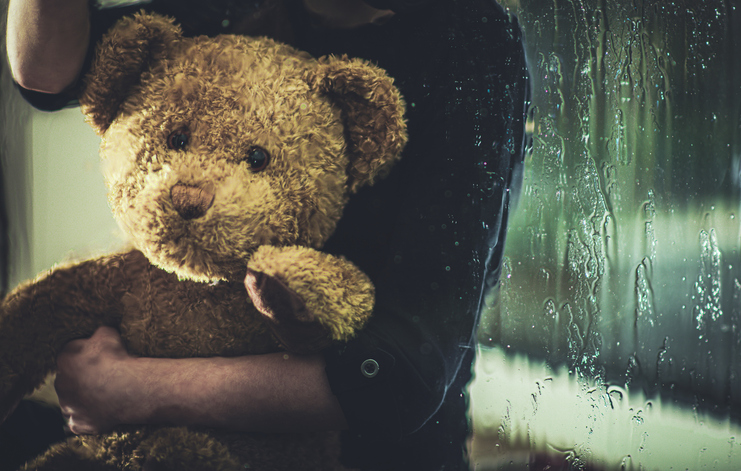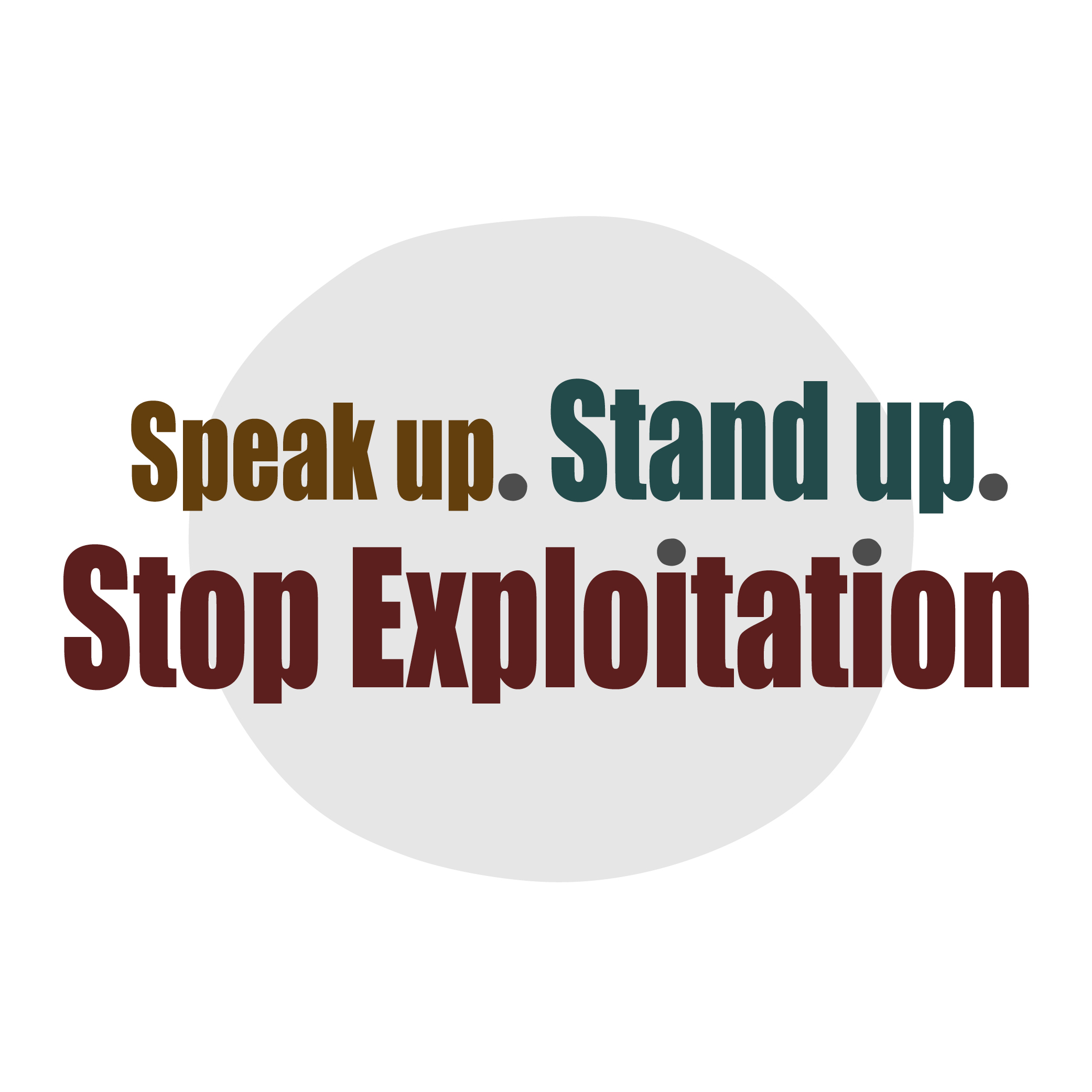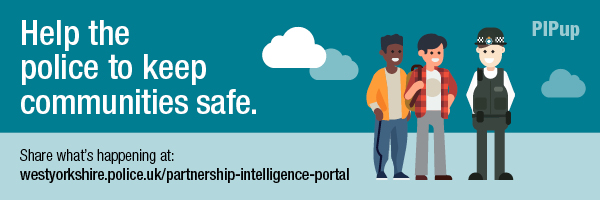Child Exploitation
Child exploitation is child abuse.
There are different types of behaviours linked to a child being exploited, all of which you can access from our new Knowledge Hub, and in particular, our new, Speak Up. Stand Up. Stop Exploitation pages!
Scroll down to find out more information on our campaign against child exploitation, what intelligence should be reported to the Police and a Partnership Briefing on Transitional Safeguarding.

Our campaign against Child Exploitation!
The Speak Up. Stand Up. Stop Exploitation pages of the knowledge hub hosts a series of resources, training and guidance to help identify, disrupt, prevent and stop child exploitation in the Wakefield District.
Within this section of our Knowledge Hub you will find information on:
- Child Criminal Exploitation
- Child Sexual Exploitation
- Modern Slavery and Human Trafficking
- Missing from Home and Care
- Online Exploitaion
- Child Financial Exploitation
- Extra Familial Harm
- #SpeakUpStandUp campaign materials
- The Missing from Home Service

What intelligence should be reported to the Police?
As we have seen from all the information above, child exploitation can come in many different forms, so it can be difficult to understand what information/intelligence needs to be reported to the Police.
Please click here to access a useful briefing produced by the Police detailing what types of information should be reported to them via the Partnership Intelligence Portal (PIP). For more information about the PIP and what it is used for please click here.

Partnership Briefing & NWG key note on:
Transitional Safeguarding Adolescence to Adulthood
This 2hr event discusses some national work on Transitions that have been successful and how this translates in Wakefield, signposting to NGW resources & the work they do. Delivered by Partnership Manager Jonathan Giordano and Steve Baguley from NWG.
Further Information on Child Exploitation
There are specific organisations who specialise within child exploitation, some of those agencies are listed below with links to their respective websites for further information:


